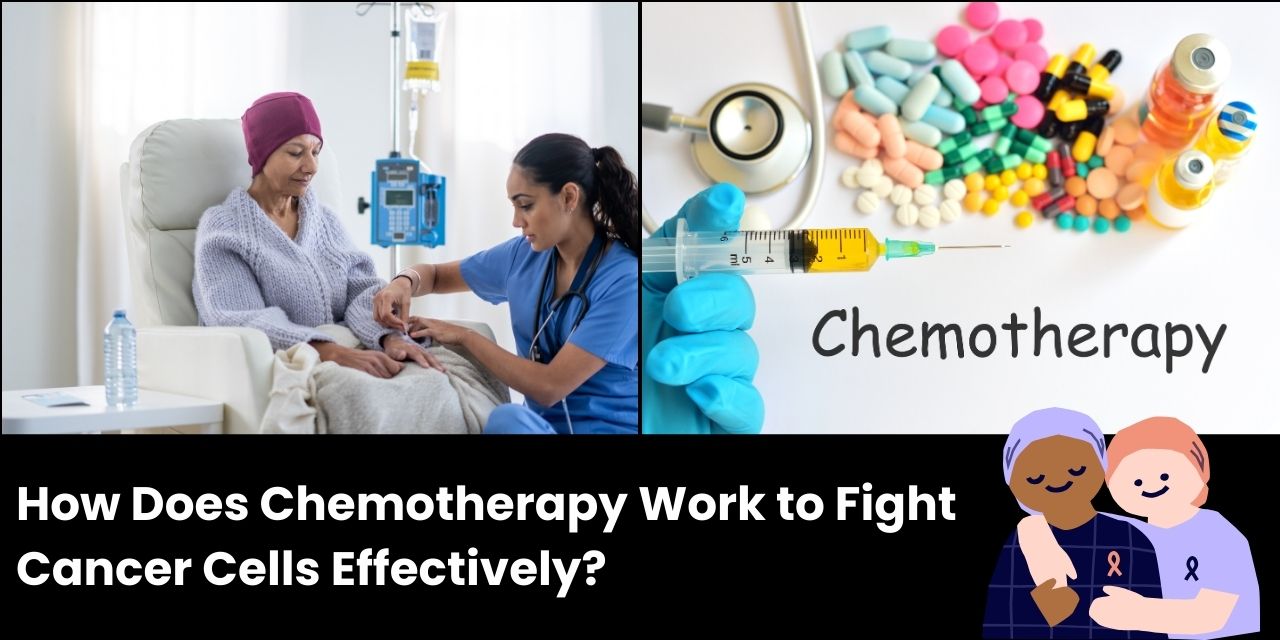Chemotherapy is a widely used cancer treatment that involves the administration of powerful medications to kill cancer cells or stop their growth. While the word “chemotherapy” often evokes fear, understanding what it entails can empower patients and their families. This article aims to provide a comprehensive overview of chemotherapy, its purpose, how it works, and what patients can expect during their treatment journey.
What is Chemotherapy?
Chemotherapy refers to the use of chemical substances to treat diseases, primarily cancer. It involves a range of medications that target rapidly dividing cells, which is a characteristic of cancer cells. While chemotherapy is primarily used for cancer treatment, it may also be used to treat other conditions, such as autoimmune diseases. The treatment can be administered in various ways, including orally, intravenously, or through injections, depending on the type of cancer and the specific drugs being used.
Purpose of Chemotherapy
The main purpose of chemotherapy is to eliminate cancer cells and shrink tumors. It can be utilized in several scenarios:
- Curative Treatment: In some cases, chemotherapy can cure cancer, particularly when it is detected early and the tumor is responsive to treatment.
- Adjuvant Treatment: Chemotherapy may be given after surgery to eliminate any remaining cancer cells and reduce the risk of recurrence.
- Neoadjuvant Treatment: In this approach, chemotherapy is administered before surgery to shrink tumors, making them easier to remove.
- Palliative Care: When a cure is not possible, chemotherapy can help relieve symptoms and improve the quality of life for patients with advanced cancer.
How Chemotherapy Works
Chemotherapy works by targeting cells that are rapidly dividing, a hallmark of cancer cells. Different chemotherapy drugs work in various ways to disrupt cell division and induce cancer cell death. The drugs can damage the DNA of cancer cells, interfere with their ability to multiply, or even prevent the formation of new cancer cells.
While chemotherapy is effective at killing cancer cells, it can also affect healthy cells that divide quickly, such as those in the bone marrow, digestive tract, and hair follicles. This is why patients may experience side effects during treatment.
Common Side Effects of Chemotherapy
Understanding the potential side effects of chemotherapy is crucial for patients and their families. While not everyone will experience all side effects, some common ones include:
- Nausea and Vomiting: Many chemotherapy drugs can cause nausea and vomiting. Medications are often prescribed to manage these symptoms.
- Fatigue: A common side effect, fatigue can result from the body’s response to treatment and the effect on bone marrow production.
- Hair Loss: Chemotherapy can cause hair thinning or complete hair loss, but hair usually regrows after treatment ends.
- Increased Risk of Infections: Since chemotherapy can weaken the immune system, patients may be more susceptible to infections.
- Changes in Appetite: Some patients may experience a loss of appetite or changes in taste, making it challenging to maintain a balanced diet.
What to Expect During Chemotherapy
Before starting chemotherapy, patients will undergo a thorough evaluation, including medical history, physical exams, and diagnostic tests to determine the appropriate treatment plan. The treatment schedule can vary based on the type of cancer, stage, and the specific chemotherapy drugs prescribed.
Patients will typically receive chemotherapy in cycles, which include a treatment period followed by a recovery period. This approach allows the body to heal between treatments. It’s essential for patients to communicate openly with their healthcare team about any side effects they experience, as there are often medications and strategies to help manage them.
Coping with Chemotherapy
Coping with chemotherapy involves addressing both the physical and emotional aspects of treatment. Here are some strategies that can help:
- Stay Informed: Understanding the treatment process can alleviate anxiety. Patients should feel free to ask their healthcare team questions.
- Seek Support: Emotional support from family, friends, or support groups can be invaluable during this challenging time.
- Maintain a Healthy Lifestyle: Eating well, staying hydrated, and engaging in light physical activity (as advised by a healthcare professional) can help improve overall well-being.
- Communicate with Your Healthcare Team: Regular check-ins with the healthcare team can help manage side effects and adjust treatment plans as needed.
Conclusion
Chemotherapy is a vital tool in cancer treatment, offering hope to many patients battling the disease. Understanding what chemotherapy entails can help alleviate fears and empower patients to navigate their treatment journey.
For personalized care and expert guidance on cancer treatment in Patiala, consult Dr. Abhitesh Singh at Deep Hospital Patiala. With a dedicated approach and extensive experience in oncology, Dr. Abhitesh Singh and his team are committed to providing comprehensive support for patients undergoing chemotherapy and other cancer treatments. To get more information please contact us on : 01752282980

